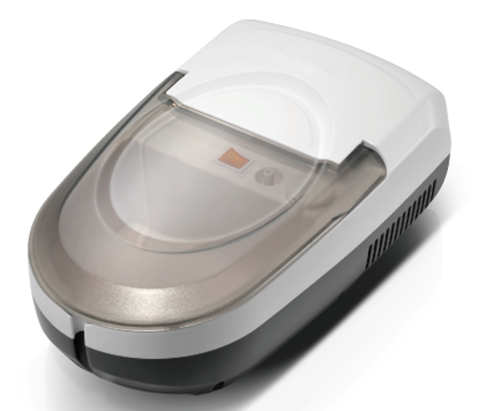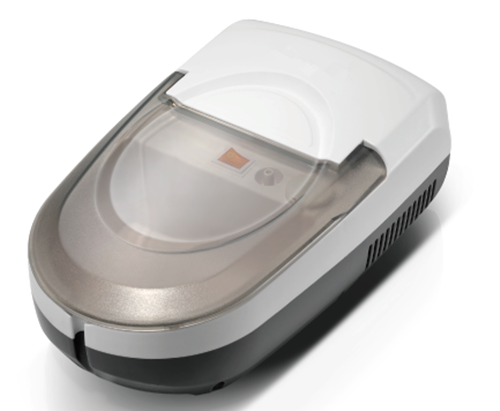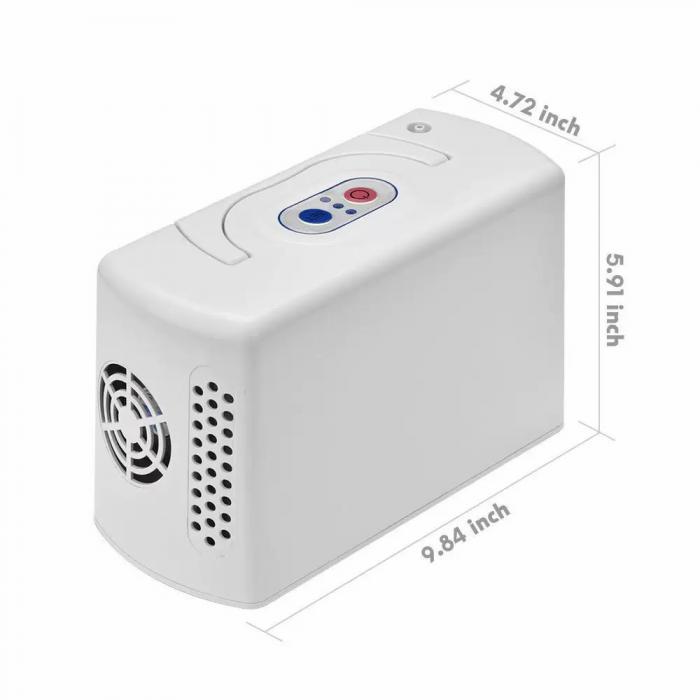| Name: | Air Compressor Nebulizer |
|---|---|
| Model No.: | BES-N26 |
| Product Name: | Air Compressor Nebulizer |
| Brand: | BESCO |
| MOQ: | 500 units |
| LEAD TIME: | 30 days |
| Sample: | Available |
| Certificates: | CE,FDA |
| Payment Term: | T/T in advance |
| Country of Original: | China |
| Port: | Shanghai |
| Stock: | NO |
| Factory Address: | Changyuan,China |
| Office: | Zhengzhou,China |
Products Description
Specifications:
Power:220V,50Hz or based on your requirements
Power Consumption:60W+-10%
MMAD:2.44μm
Compressor flow:8-10L
Max Nebulization Rate:0.35ml/min
Particle Size:0.5-6μm
Noise:<55db
Weight:1.65kgs

An air compressor nebulizer is a device that uses a compressor to turn liquid medication into a fine mist, which is then inhaled into the lungs through a mouthpiece or face mask to treat respiratory conditions like asthma or COPD. It consists of an air compressor, a medicine cup, tubing, and a mask or mouthpiece, and requires an electrical outlet to function.
How it works
1. Medication is placed in the nebulizer cup:
.Liquid medication is put into the small container, or medicine cup.
2. Air from the compressor flows through tubing:
.The compressor provides a flow of air to the nebulizer cup via thin plastic tubing.
3. Medication turns into a mist:
.The air from the compressor creates a fine, breathable mist of the medication.
4. The mist is inhaled:
.The user breathes in the mist through a face mask or mouthpiece, allowing the medication to reach the lungs.
Key components
Air compressor: The main unit that generates the air needed to create the mist.
Nebulizer cup (medicine cup): Holds the liquid medication.
Tubing: Connects the air compressor to the nebulizer cup.
Mouthpiece or mask: Used by the patient to inhale the medication.
Key components
Air compressor: The main unit that generates the air needed to create the mist.
Nebulizer cup (medicine cup): Holds the liquid medication.
Tubing: Connects the air compressor to the nebulizer cup.
Mouthpiece or mask: Used by the patient to inhale the medication.
Uses
Delivering medication for chronic lung diseases such as asthma and COPD.
Treating acute respiratory issues.
Providing an alternative for those who have difficulty using an inhaler.



